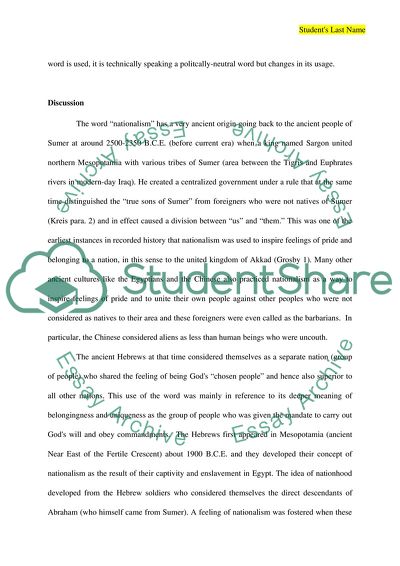Cite this document
(History of the Word Nationalism and How Its Meaning Has Changed Assignment, n.d.)
History of the Word Nationalism and How Its Meaning Has Changed Assignment. Retrieved from https://studentshare.org/history/1849373-word-nationalism
History of the Word Nationalism and How Its Meaning Has Changed Assignment. Retrieved from https://studentshare.org/history/1849373-word-nationalism
(History of the Word Nationalism and How Its Meaning Has Changed Assignment)
History of the Word Nationalism and How Its Meaning Has Changed Assignment. https://studentshare.org/history/1849373-word-nationalism.
History of the Word Nationalism and How Its Meaning Has Changed Assignment. https://studentshare.org/history/1849373-word-nationalism.
“History of the Word Nationalism and How Its Meaning Has Changed Assignment”. https://studentshare.org/history/1849373-word-nationalism.


